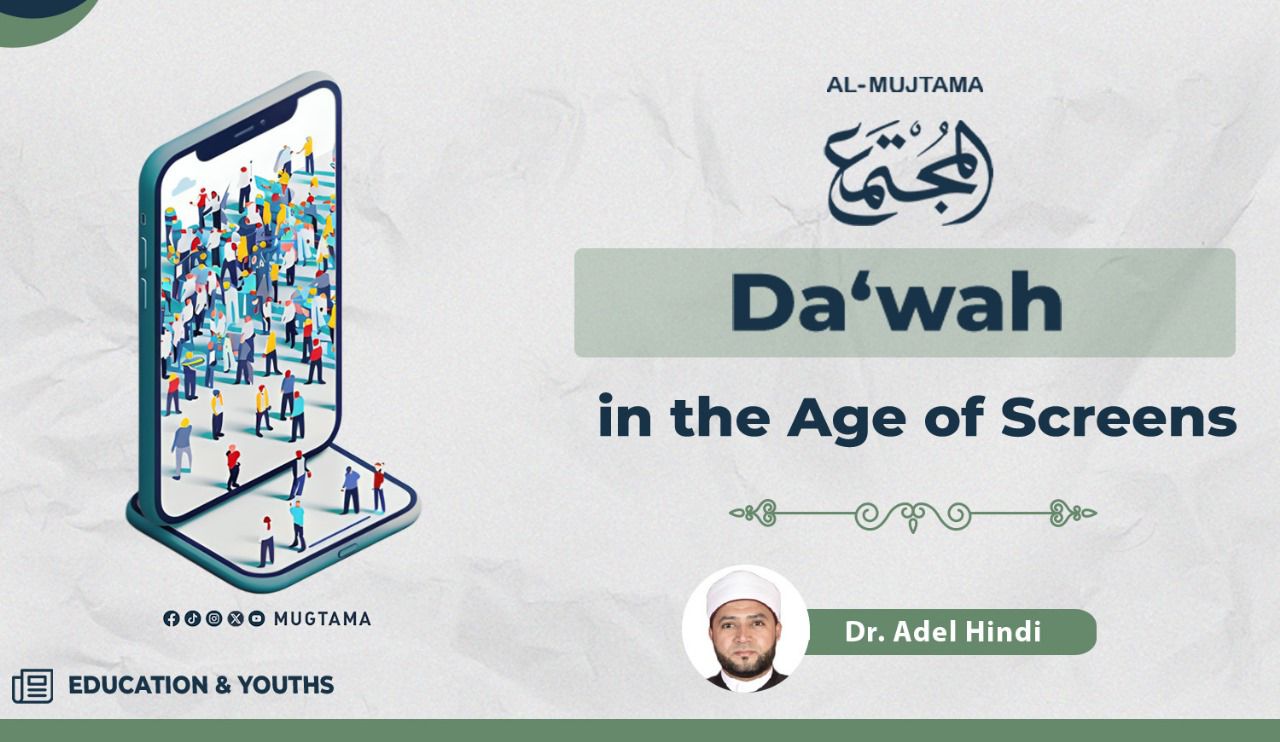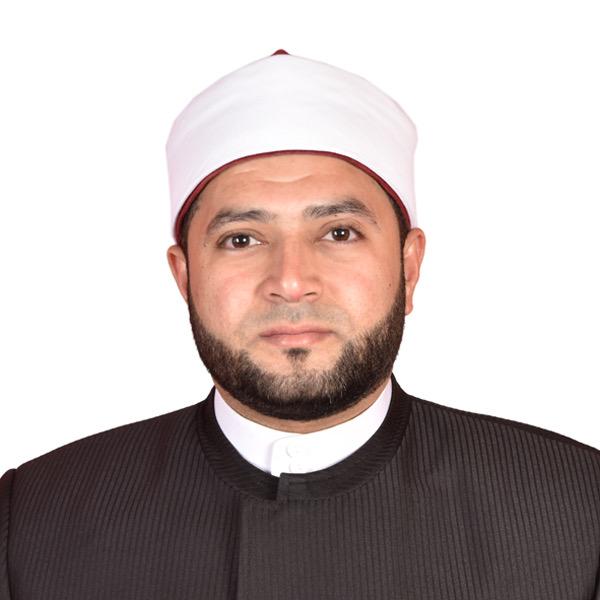Da`wah in the Age of Screens

It is from the way of Allah in the universe
that there is change and renewal. Allah says: “Every
day He is bringing about a matter.” (Ar-Rahman
55: 29)
In our time, we are witnessing an unprecedented knowledge and communication
revolution that has produced a new generation, different in its thinking,
behavior, and ways of interacting with others.
This is the generation known as the
“digital generation” or the “internet generation.” It is a generation that grew
up in the embrace of technology, whose awareness unfolded alongside social
media networks, and that received more of its knowledge from screens than from
teachers, parents, or books.
Adapting Da`wah to the Digital Age
Calling to Allah has never been stagnant or
static; rather, it has been, throughout the ages, renewed in its methods,
flexible in its tools, and steadfast in its foundations and objectives. Yet,
the rapid change in the structure of contemporary societies, along with
enormous cultural and technological transformations, has produced a new reality
for da`wah, one that imposes unprecedented challenges upon the contemporary
caller to Islam.
From here, it must be understood that the
current generation cannot be approached with the same keys used for past
generations. It is necessary to read the reality, understand the nature of the
change, and build a da`wah discourse capable of influencing within these
challenges. And if calling to Allah is an obligation in every era, then its
obligation today is even greater—because the means have changed, the challenges
have intensified, and the opportunities have multiplied. So, are we— as
preachers and educators—reading this generation well? Are we making good use of
its keys? Do we possess the tools to address it in a language it understands,
with a style that respects its awareness, and with values that illuminate its
path?
All of these questions demand logical and
realistic answers. Hence came these words about the contemporary digital
generation and how to deal with it, particularly in the context of da`wah and,
more specifically, education.
Who is the digital generation, and
what are its characteristics?
The digital generation is that generation
born or raised after the mid-1990s, during a massive digital explosion—when the
internet first began entering homes, the first social media platforms were
established, smartphones emerged, and artificial intelligence technologies
began making their way into daily life.
This generation is characterized by certain
psychological and behavioral traits, including:
1. Fast-paced rhythm: Cannot tolerate waiting or delays; accustomed to
speed in everything.
2. Reliance on images and videos more than
long texts: Such a trait compels da`wah carriers to
think carefully about presentation tools.
3. Constant connectivity: Life is inseparable from the internet; they are
always digitally present, and their information is fast-changing depending on
social media trends and events.
4. Curiosity and questioning: They do not settle for information; they want to
verify, understand, and compare. Their inquisitiveness drives them to
search—and if they do not find correct and authentic information, they will
inevitably be exposed to the various distortions of the internet, which are
difficult to treat afterward.
5. Ability to multitask with distributed
focus: They may open multiple applications, speak
to more than one person, and consume diverse content simultaneously.
6. Digital teamwork: They like digital partnerships and form participatory
online communities, which can be both positive and negative, depending on how
they are guided and utilized.
7. Appreciation for independence: They dislike direct control or strict guidance,
preferring instead that their intellect be respected. This, of course, is
natural in human nature—as highlighted in specialized studies and
classifications of human needs, such as Maslow’s, which include the need for
self-esteem. The wise preacher and educator will take note of this and work
accordingly.
8. Emotional engagement with online
influencers: This stems from the emotional and
psychological instability that characterizes this generation during this stage
of life.
9. Rebellion against traditionalism: They tend to question the old and constantly seek
renewal. They respond best to preachers who are innovative, using modern tools,
fresh expressions, and advanced methods.
10.
Psychological
loneliness despite constant communication: A strange phenomenon
for this generation, they are more connected online, yet more lonely in
reality.
Read Also:
·
Islamic Guidance in Bridging Generational Gaps
·
How to Keep Persistence in Da'wah despite Challenges
-------------------------------------------------------------











